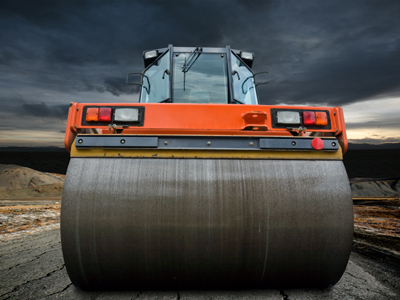

Russia: 1914-1917 - War And Revolutions
This World History quiz is called 'Russia: 1914-1917 - War And Revolutions' and it has been written by teachers to help you if you are studying the subject at senior high school. Playing educational quizzes is one of the most efficienct ways to learn if you are in the 11th or 12th grade - aged 16 to 18.
It costs only $19.50 per month to play this quiz and over 3,500 others that help you with your school work. You can subscribe on the page at Join Us
Russia did not perform well in World War One (the Great War). Harsh conditions at home lead to the February Revolution, which toppled the Tsar, and ushered in the Provisional Government. This government chose, perhaps unwisely, to continue Russia's involvement in World War One - whilst Lenin prepared to unleash the Bolshevik Revolution, which was his life's ambition.
Ready for more?
not all...
quizzers. Try to win a coveted spot on our Hall of Fame Page.






